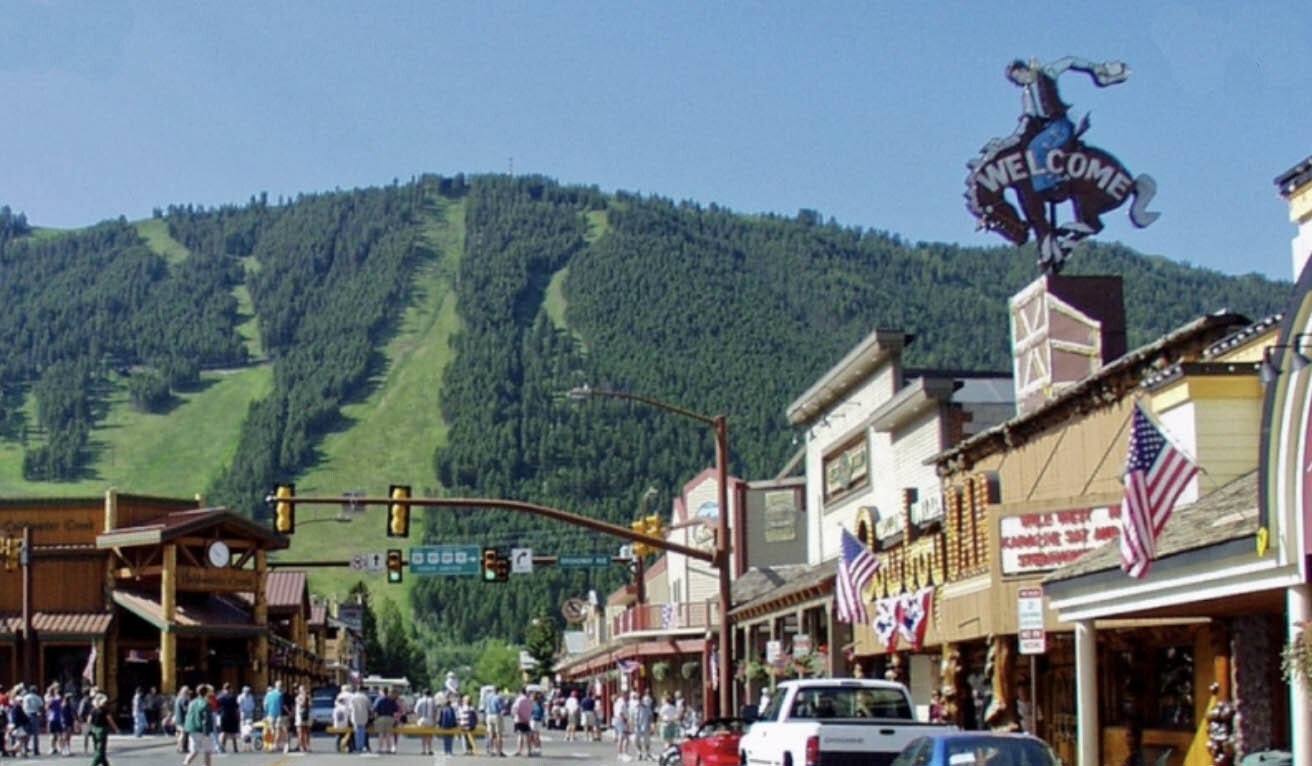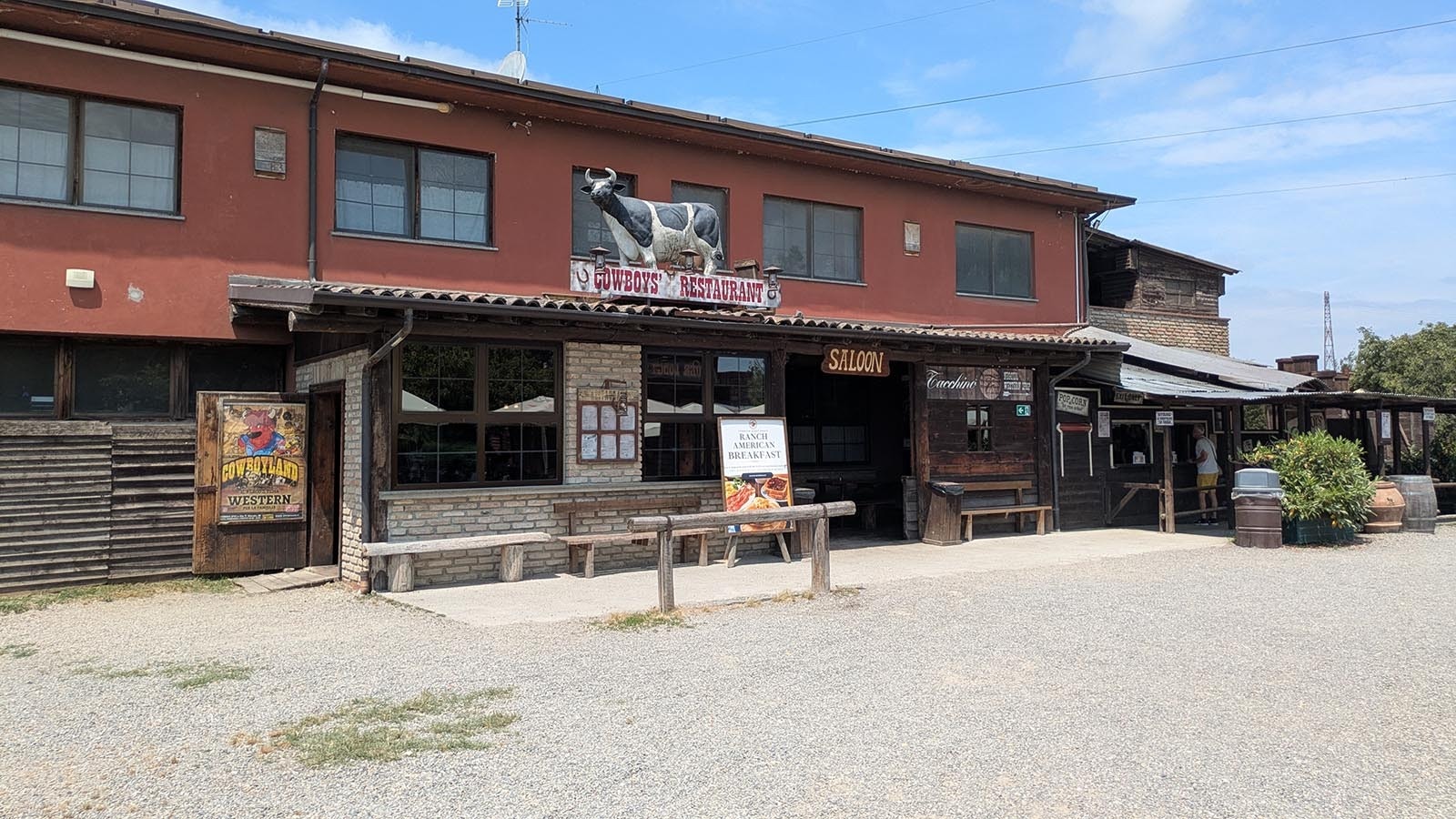While Wyoming’s hospitality industry is gearing up for what promises to be a busy summer tourism season, restaurants and hotels are finding themselves very short of workers to care for visitors to the state.
The problem is especially dire in northwestern Wyoming, where a lack of housing is leaving employers unable to recruit workers.
“What continues to be a huge, huge issue in Teton County is housing,” said Colleen Dubbe, manager of the state Workforce Centers in Jackson and Afton. “Whether it’s foreign workers or college students or young adults or even older workers, it’s across the board. Not only is it incredibly expensive, there’s none available and there’s none available in the region.”
The housing shortage in northwest Wyoming, along with federal unemployment policies, immigration rules and travel restrictions, have created a “perfect storm” for a challenging hiring environment for hospitality businesses, said Chris Brown, executive director of the Wyoming Lodging and Restaurant Association.
“The hospitality industry is labor intensive to begin with,” said Brown. “This year has by far been the toughest year for staffing I’ve ever seen.”
Part of the problem stems from federal regulations and COVID-related travel bans that are sometimes slowing the arrival of foreign workers to staff hospitality businesses such as hotels and restaurants, said Brown, whose association represents more than 500 members of Wyoming’s hospitality industry.
Many employers apply for a special visa to bring employees from other countries to the United States, but the process can be very involved, he said.
“The process for businesses to apply for and get those employees is insanely arduous,” he said. “But the need for additional legal foreign workers is significant. There are not enough people here to step in and fill all those roles.”
Complicating the issue is the fact that the extension of federal unemployment benefits through September has allowed some people to collect an income without working, Brown said.
“Certainly the extension was warranted when businesses were closed last year and people were out of work,” he said. “But the extension of unemployment benefits through September is incentivizing some workers to simply stay home and not worry about going back to work.”
In Jackson, those problems are exacerbated by the lack of housing, Dubbe said.
Dubbe said many of Jackson’s workers actually live in surrounding communities in the Star Valley and Idaho, but housing is short throughout the region.
She added apartments in Jackson can often cost more than $2,000 per month.
“I know businesses are worried,” she said. “They are very concerned about what is going to happen this summer. Consistently the one thing they mention is housing.”
Some businesses have gone so far as to buy old hotels to use as employee housing. In past years, the town of Jackson has allowed people to sleep in their cars overnight to deal with the issue.
Northwest Wyoming is expecting a busy season as people get out following the coronavirus lockdowns of 2020, Dubbe said.
“The good news is the bookings for the summer are up, and we anticipate a good year as it relates to the tourist industry,” she said. “But with the housing market being so tight, it has limited their ability to recruit employees.”
The tourism industry is Wyoming’s second largest, behind energy production. Between hotels, food service, arts, entertainment and recreation, the industry accounted for 44,835 jobs in 2019, slightly more than 11% of the state’s total jobs.





